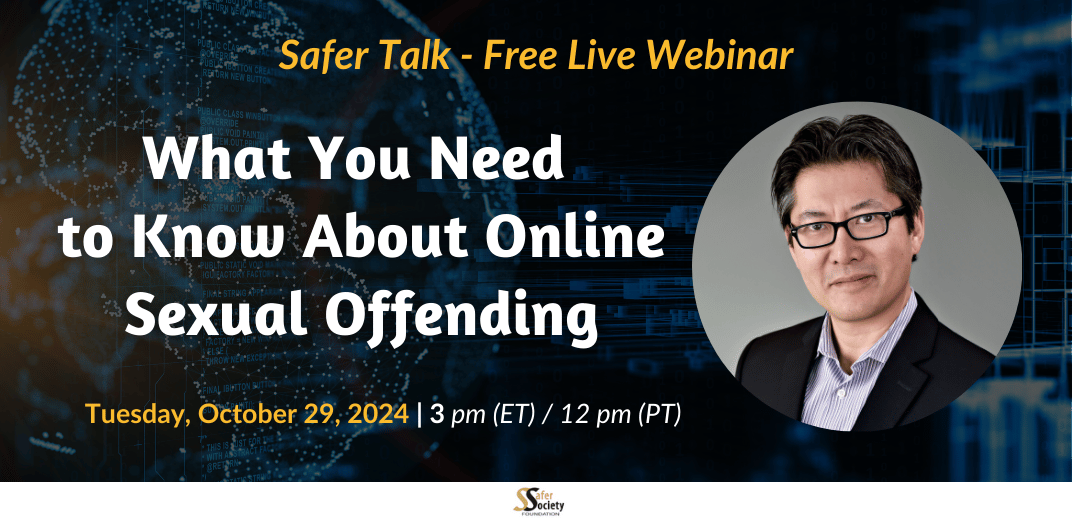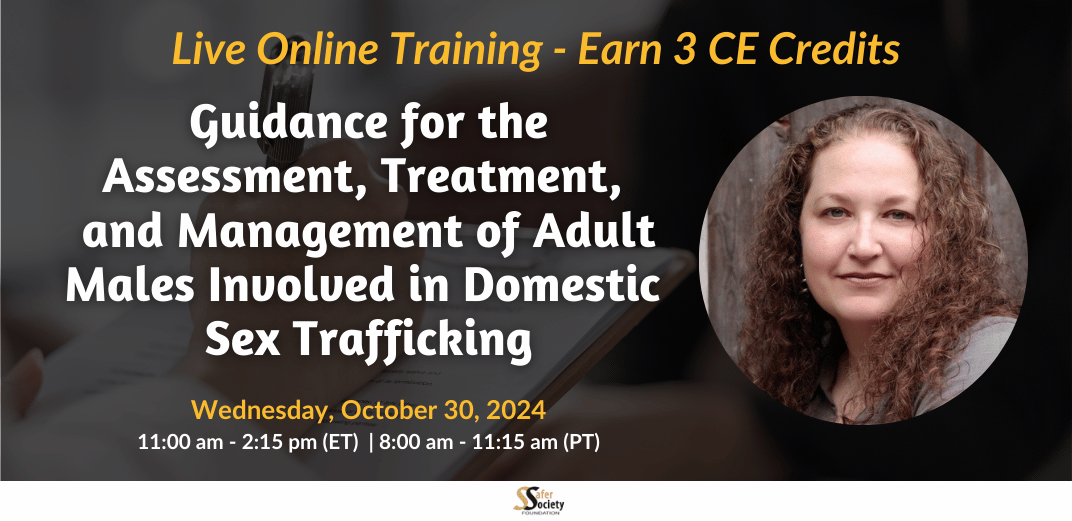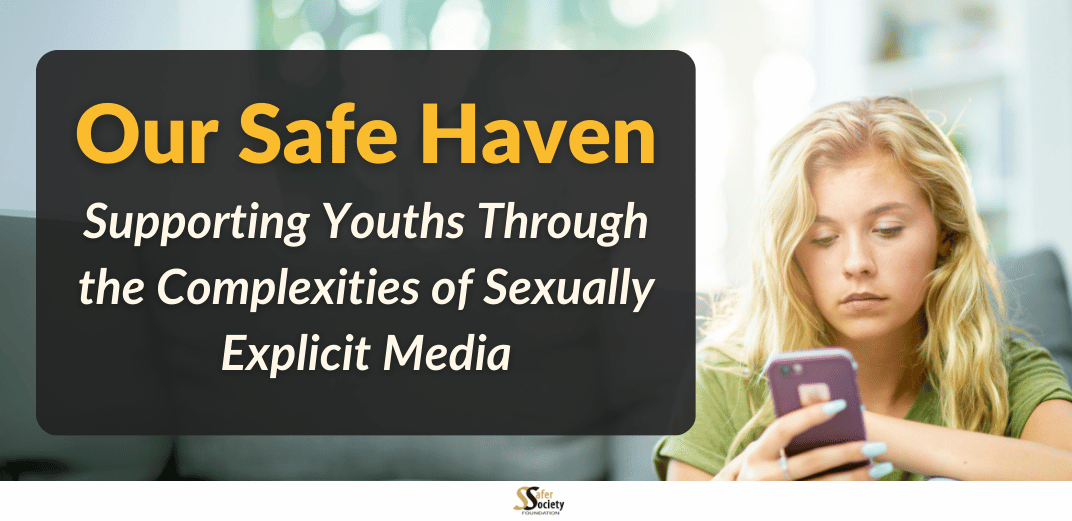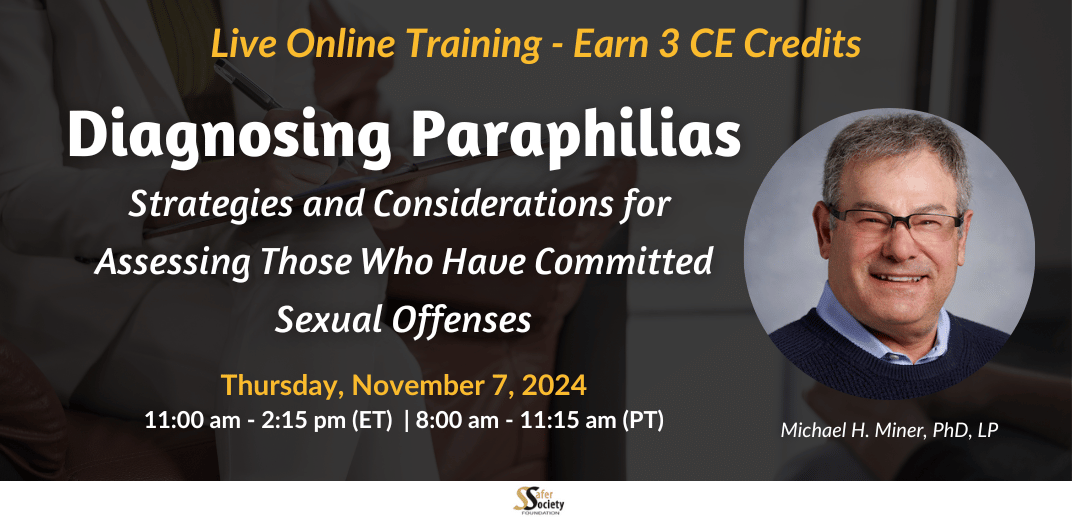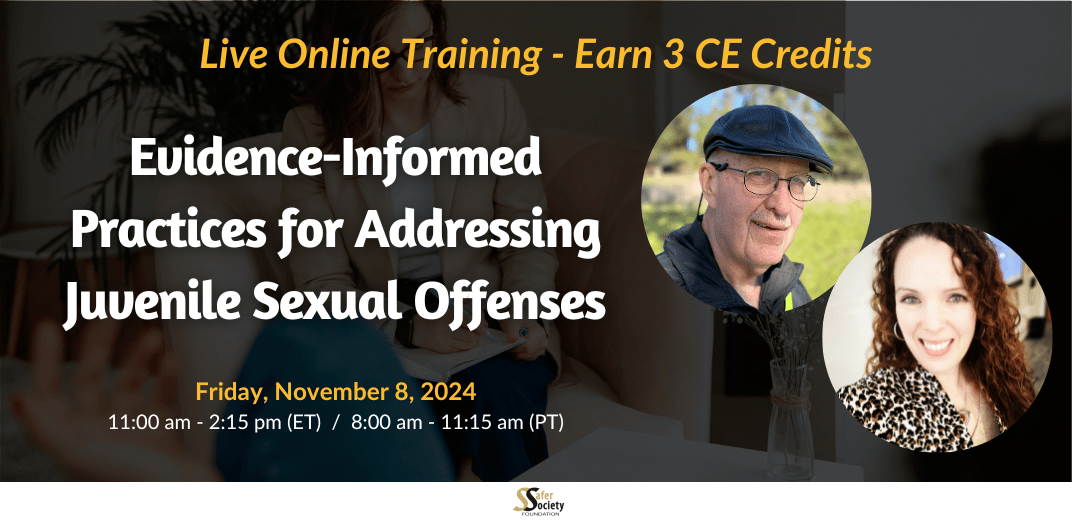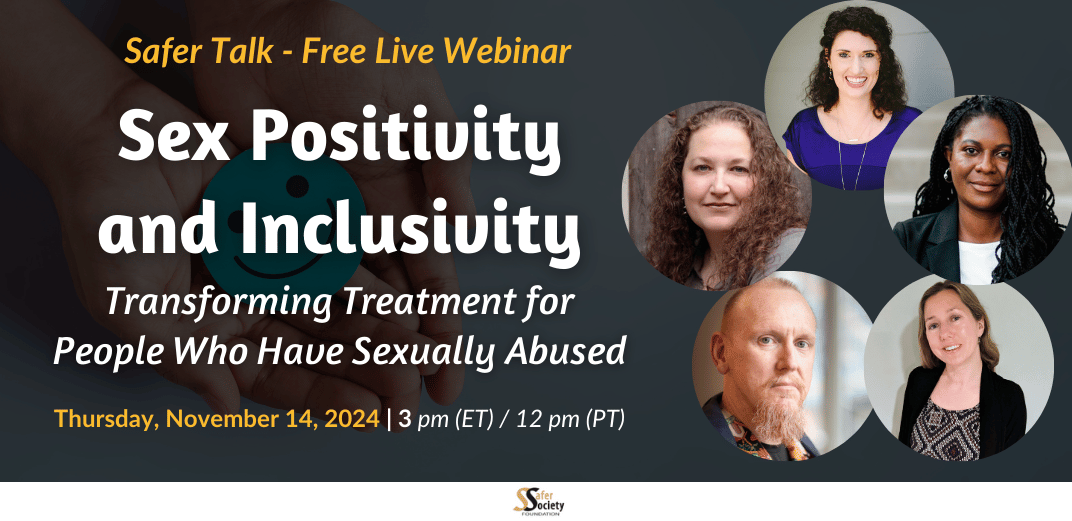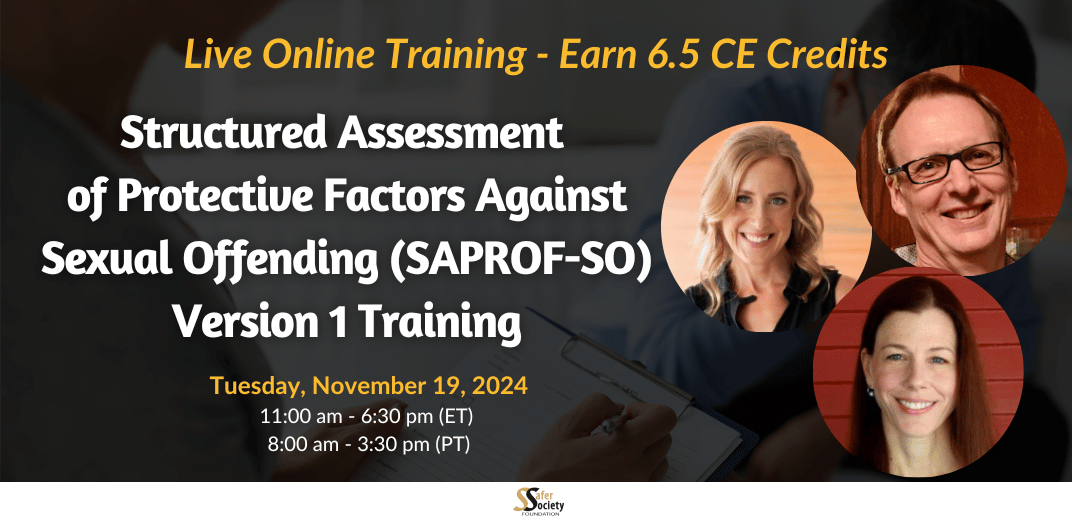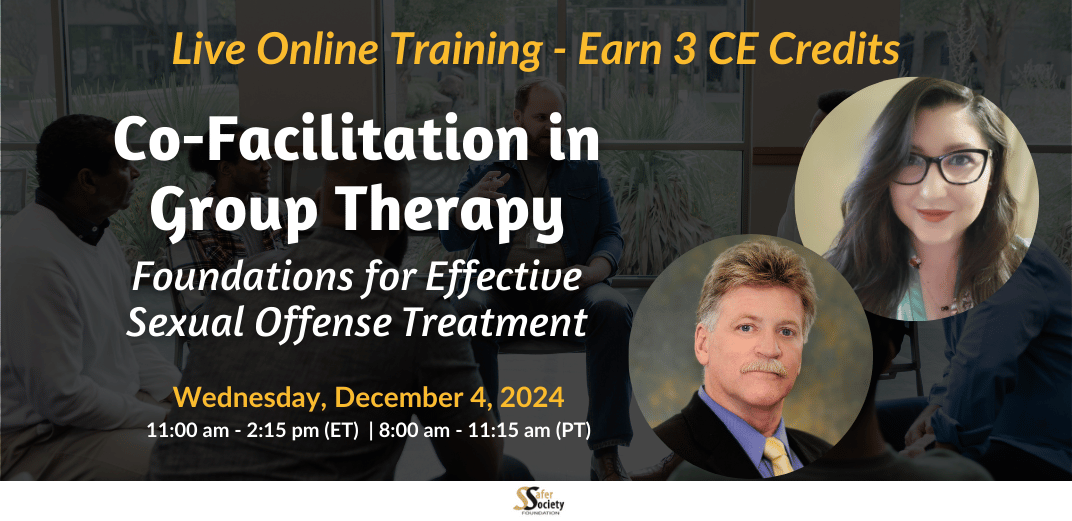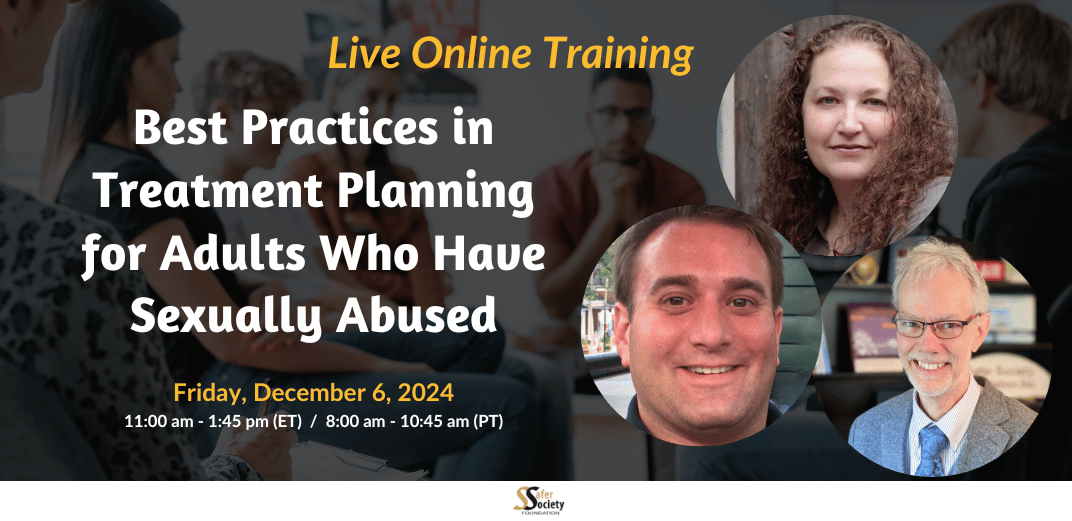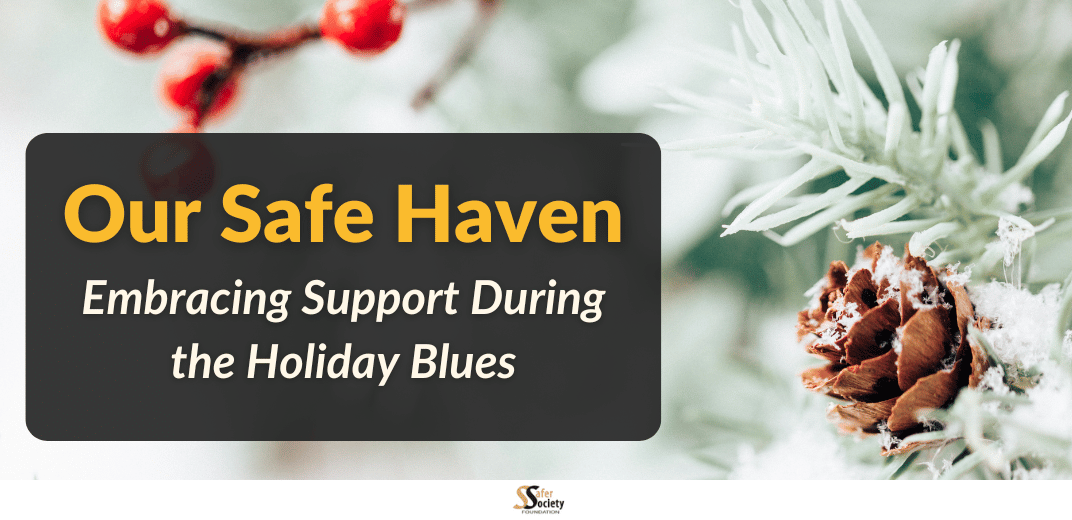What You Need to Know About Online Sexual Offending
The rapidly evolving landscape of online sexual offending presents significant challenges for professionals working to prevent and address abuse. As technology advances at an unprecedented pace, several key trends have emerged, including AI-generated abuse imagery, sophisticated online grooming, and an increase in self-generated sexual content. These developments require a deeper understanding and innovative approaches from psychologists and other professionals involved in addressing this issue.
In this one-hour webinar, Dr. Seto speaks about the main points that he has learned in researching online sexual offending, including:
- Current types of online offending
- How online offending has changed in recent years
- Characteristics of those who offend online
- Implications for practitioners, policymakers, and researchers

